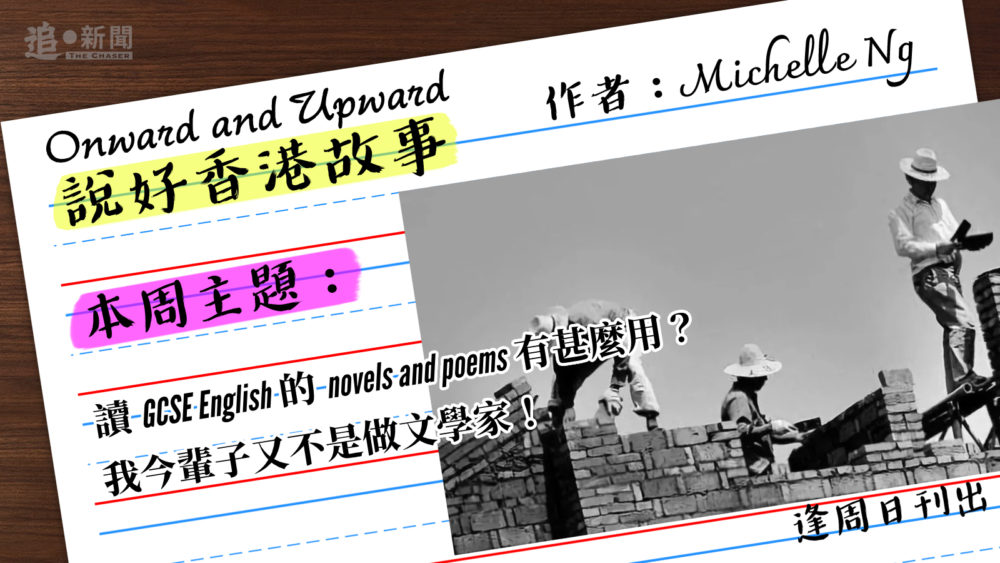
三個工人在工地砌墻,有人問他們,你們在做甚麼? 第一個人不耐煩地說:砌墻,你沒看到嗎?第二個人說:
我之所以喜歡這個故事,
下面是一個學生對Charles Dickens’ “A Christmas Carol“的分析。我rewrite了她的文字。 See the difference a precise use of language can make:
Student
To arouse the miser Scrooge to be kind towards this workers, Dickens employs ghosts to alarm him into doing what is nice. Therefore, despite the fact that “A Christmas Carol” may not seem trendy to modern readers, the Victorians could easily empathize with the characters, since they believed in ghosts and enjoy learning gothic tales.
My rewrite
To amplify the central message in “A Christmas Carol” – that the rich, by being exploitative, hurt not only their workers but their own souls as well – Dickens introduces a supernatural dimension to his tale in the form of ghosts who call on the miser Scrooge and urge him to mend his ways. Though modern readers may find novel’s embrace of ghostly elements rather quaint, the Victorians would naturally be drawn towards them, strong as they were in their beliefs of the supernatural, and enchanted as they were by gothic material in literary works.
下面這段文字來自南華早報的社論,用詞方面的瑕疵不少。
Text from SCMP:
Hong Kong, “Asia’s world city”, has become the battleground for a new type of urban “guerrilla warfare” – defiant anti-government protesters have adopted a “flash mob” strategy, as evidenced in their hit-and-run rampage against police across several districts over the weekend.
My comments
I don’t see any of the three pairs of quotation marks in this 41-word paragraph as necessary. It would be less confusing for the reader, for example, if the writer had simply explained “guerrilla warfare” and “flash mob” strategy in plain English.
Her description of the protesters as ‘defiant’ seems to me a mark of her insensitivity to the nuances of English. ‘Defiant’ has a positive connotation; since, as a known pro-Beijing figure, the writer must have had no intention of painting the protesters as heroes, she should have used a word with negative undertones. I would have used ‘unruly.’”
My rewrite
“Hong Kong’s reputation as Asia’s world’s city is fast losing its lustre, as rioters transform the once smooth-running financial hub into a launching pad for their cat-and-mouse game with the police, causing public disorder in one district, only to evade capture and re-surface in another part of town to repeat their misdeeds.”
Watch this interview for more information on my approach to teaching English writing: https://youtu.be/aQbAsMMHPd8
Michelle Ng
英國牛津大學畢業,前《蘋果日報》和《眾新聞》專欄作家,現在身在楓葉國,心繫中國大陸和香港。
聯絡方式: michelleng.coach@proton.me
個人網站: https://michellengwritings.com
🌟加入YouTube頻道會員支持《追新聞》運作🌟https://www.youtube.com/channel/UC5l18oylJ8o7ihugk4F-3nw/join
《追新聞》無金主,只有您!為訂戶提供驚喜優惠,好讓大家支持本平台,再撐埋黃店。香港訂戶可分享給英國親友使用。



